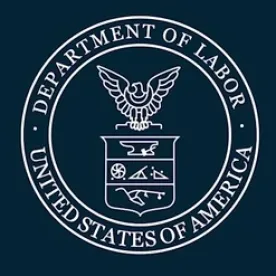On Dec. 23, 2020, The U.S. Department of Labor (DOL) issued its long-anticipated Final Rule addressing which employees may legally participate in “tip pooling” under the Fair Labor Standards Act (FLSA) and the conditions under which employers may claim “tip credit.” The Final Rule is effective 60 days after publication in the Federal Register and constitutes a major departure from past guidance.
Non-Traditional Tip Pooling Now Available
The Final Rule updated the DOL’s tip regulations to allow tipped employees in the hospitality industry (e.g., servers) to pool tips with non-tipped workers (e.g., back-of-house cooks and dishwashers) in situations where the employer pays the tipped workers equal to or greater than the minimum wage, in lieu of taking a “tip credit” (that is, paying tipped employees a subminimum wage).
The DOL acknowledges that tipped workers are facing significant uncertainty due to the ongoing impacts of the COVID-19 pandemic, “but believes that the justifications for the Rule remain as strong as—if not more so than—before the pandemic.” The DOL stated, “More flexibility in compensation and labor allocation will help businesses retain workers and maintain capacity. Further, the increased cooperation and efficiency that the final rule promotes will help businesses maintain quality of service—and therefore support tipped-employee compensation and provide increased certainty to tipped workers—at a time when the industry as a whole is struggling.”
Regardless of the novel approach, the Final Rule makes clear that an employer’s manager and supervisors may not retain tips received by its employees for any purposes, regardless of whether the employer takes a tip credit.
Elimination of 80/20 Rule
The Final Rule also amends the DOL’s regulations to eliminate the so-called “20 percent” or “80/20” Rule, which previously limited the percentage of time a tipped hospitality worker could spend performing non-tipped duties (i.e, setting up and breaking down before and after a shift) under circumstances where the employer claimed tip credit.
Consistent with the amended regulations, an employer may take a tip credit for time that a tipped employee spends performing “related,” non-tipped duties (either contemporaneously or for a reasonable time immediately before or after performing the tipped duties). These amended regulations address which non-tipped duties are “related” to a tip-producing occupation. Examples of such “related” duties include “cleaning and setting tables, toasting bread, making coffee, and occasionally washing dishes or glasses.”




 />i
/>i

